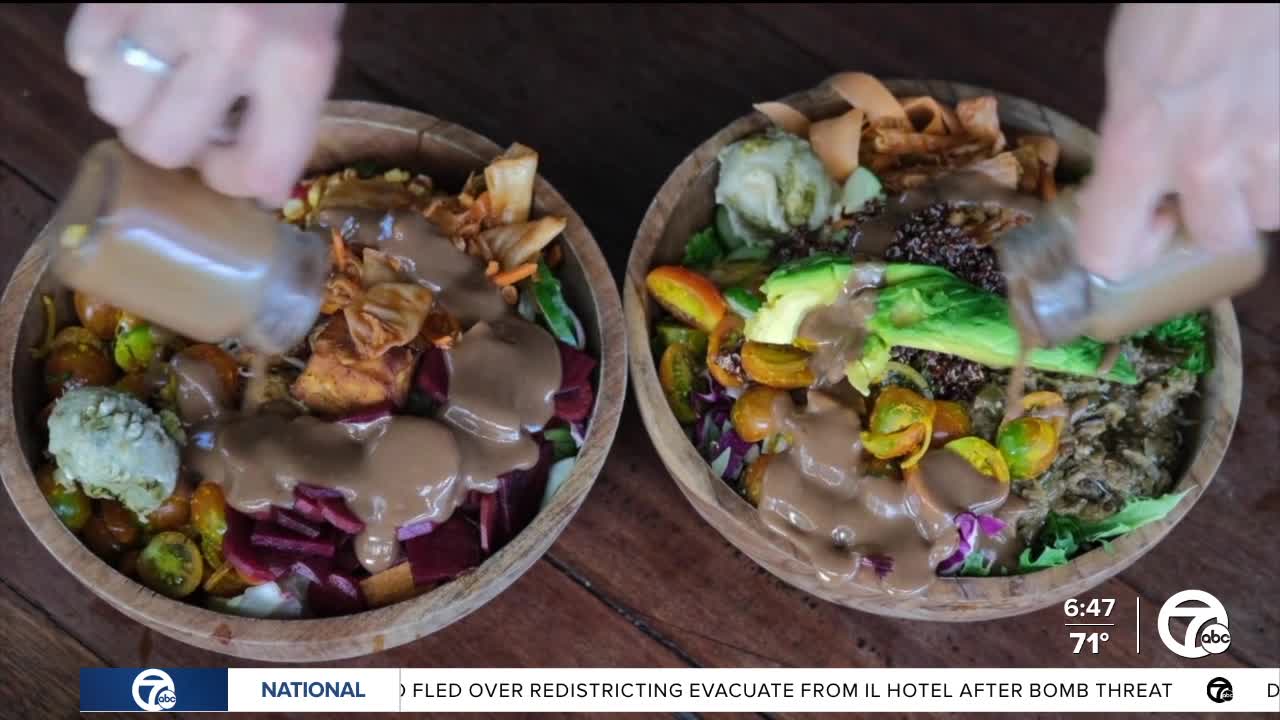METRO DETROIT (WXYZ) — A viral health trend is sweeping TikTok, and this one might actually have some benefits, only if it's done right. It's called 'Fibermaxxing', shorthand for eating a ton of fiber. But before you load up on leafy greens and chia seeds, experts say you'll want to know the risks.
Watch Keenan's report in the video player below
Fiber maxxing is encouraging people to dramatically boost their daily fiber intake. Grace Derocha, a registered dietitian and spokesperson for the Academy of Nutrition and Dietetics, says Americans are falling far short of the fiber we need.

"The average American is only getting about 15 to maybe 18 grams of fiber per day and we're supposed to be getting upwards of 25 to 38, depending on if you're a man or woman," Derocha said.
Fiber can have major health benefits, from better digestion and appetite control to heart health and more stable blood sugar levels. But more fiber isn’t always better, and increasing too fast can lead to problems.
"Some bloating, some gassiness, some uncomfortability that your system is just not used to yet. So finding a nice, low, steady pace to help increase it is kind of the key," Derocha said.
Depending on the type of fiber for some, a sudden increase in fiber can either cause constipation by making stools too bulky or lead to loose stool if insoluble fiber irritates the gut.
Excessive fiber, particularly the soluble kind, can interfere with the absorption of important minerals like calcium, iron, and zinc. Derocha recommends starting slow, tracking your intake, and aiming to get fiber from real food like fruits, vegetables, beans, and whole grains, which may be easier than you think.
A large banana or a half cup of beans each has about 5 grams of fiber, a quarter cup of dried mango has 3-4 grams, a cup of leafy greens has 3-4 grams. And a typical salad contains about three cups.
"So right there, you know you're getting 12-ish grams of fiber in your maybe salad that you enjoy at lunch," Derocha said.
Derocha told me fiber supplements can help if you're struggling to get enough, but it's best to start with whole foods and always stay hydrated. Experts recommend spreading fiber intake throughout the day to avoid bloating and maximize those health benefits.




